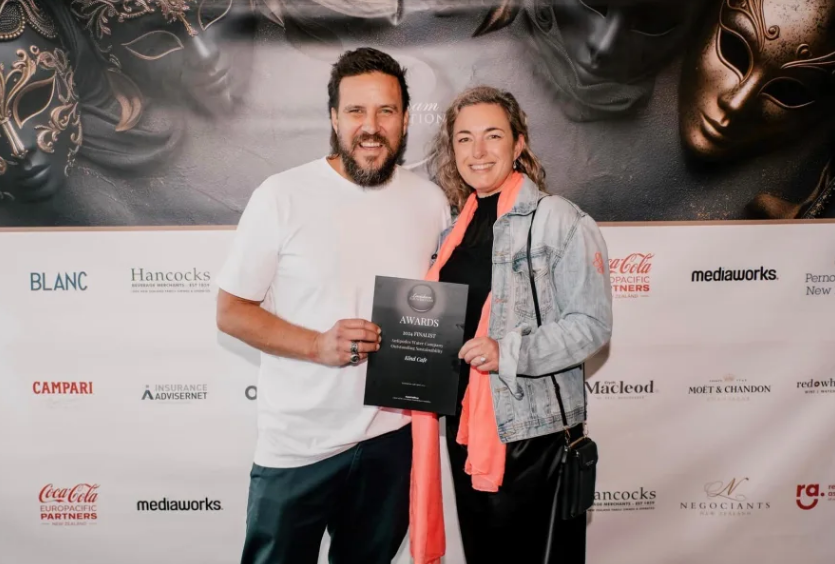
By Serena Solomon of RNZ
A mostly vegan cafe in Auckland is incorporating meat into its menu in an effort to stay afloat during New Zealand's sluggish economic times.
KIND Cafe & Eatery in Morningside opened in a 2018 as a socially conscious cafe with a plant-focused menu with the aim of reducing meat consumption.
Following the lockdowns of the Covid-19 pandemic, high inflation and slow economic growth, the cafe will start using ethically raised meat such as line-caught fish and free-range chicken to attract more customers and reduce costs.
"It's a bit heart-breaking for the vegan community," said Nigel Cottle, a part-owner and manager of KIND, told RNZ's Checkpoint programme on Tuesday.
"We are one of the few places they can call home. I think if we didn't do this, we wouldn't survive."
Meat put on menu at Auckland vegan cafe to get more customers
Cottle, who was not vegan, decided to open a vegan cafe because he saw a trend towards a plant-based lifestyle for environmental reasons.
"It wasn't 'meat is murder' but the sense was 'Can we make the world a better place - two days without meat or whatever and try and make it more normal,'" he said.
The cafe also uses a quarter of its profit to plant trees and make Morningside a greener suburb.

Since KIND opened there had been a shift away from what Cottle called "militant veganism" towards lifestyle veganism, where people occasionally ate animal protein for health or social reasons.
"It's less philosophical and more of a lifestyle," he said.
KIND served up vegan dishes such as a crispy tofu bao bun and mushroom burger. However, Cottle found that the menu's vegan dishes were not top sellers. About 20 percent of the menu included dairy-based cheese or eggs, but made up 50 percent of sales.
Cottle hoped the change would mean customers with partners who were not vegan and those who were adamant they would not like anything with the label vegan - which Cottle said was common - would find some options on the KIND menu.
Food prices have gone up in every food category, but KIND's biggest cost rise has been labour.
"There is a lot of prep involved in turning a mushroom into a vegetable patties," he said. "To makes these vegetables interesting it costs a lot of time."
Customers often did not understand why a mushroom burger at KIND cost almost $25, a typical price of a beef or chicken burger elsewhere. However, paying that price for a free-range chicken burger was an easier sell.
"We just need to reduce the number of vegan dishes to reduce the prep," he said.
The response from customers has so far been entirely positive, Cottle said. Staff at the cafe were also supportive, but like Cottle were disappointed.
"Just like anything you want to succeed, it is disappointing that we are having to shift from what we thought was a bold stance and come down to an economic reality."













